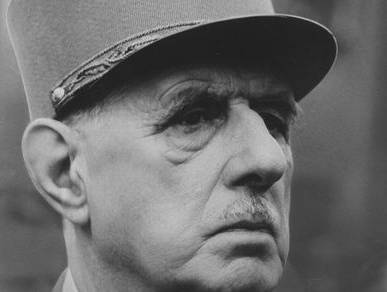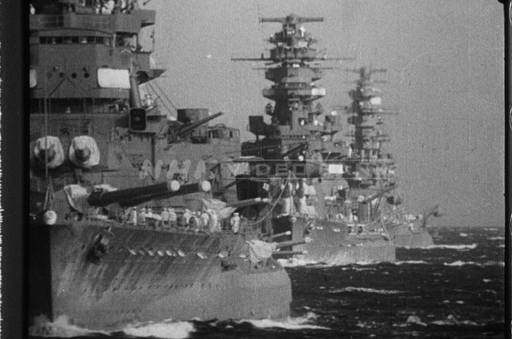

What was President Kennedy’s stance on the Vietnam War and why did he choose not to withdraw troops earlier if he opposed it? President John F. Kennedy’s stance on the Vietnam War evolved during his time in office. Initially, he inherited a small number of military advisors in Vietnam from his predecessor, President Dwight D. Eisenhower. Kennedy’s approach to Vietnam was primarily focused on containing the spread of communism, in line with the broader Cold War strategy of the United States.
Kennedy increased the number of military advisors in Vietnam but stopped short of committing large-scale combat troops. He believed in the “domino theory,” which posited that if one country in Southeast Asia fell to communism, neighboring countries would follow suit, leading to a domino effect. Therefore, he viewed Vietnam as a crucial battleground in the fight against communism.
However, Kennedy was cautious about escalating U.S. involvement in Vietnam into a full-scale war. He was skeptical of the effectiveness of military solutions in the region and was concerned about the potential consequences of a large-scale commitment of American troops.
Kennedy’s approach was characterized by a combination of military aid to South Vietnam, support for the South Vietnamese government, and efforts to build up their military capacity to resist communist insurgency. He also sought to encourage political reform and stability in South Vietnam.
As for why Kennedy didn’t withdraw troops earlier if he opposed the war, there are several factors to consider:
Political pressure:
Kennedy faced pressure from Cold War hawks and within his own administration to maintain a strong stance against communism. Withdrawal from Vietnam could have been perceived as a sign of weakness or abandonment of U.S. allies.
Strategic concerns:
Kennedy may have been concerned about the potential fallout of a rapid withdrawal, such as the collapse of South Vietnam and a broader Communist victory in Southeast Asia.
Limited options:
At the time, there may have been limited viable alternatives to continued involvement in Vietnam. Kennedy may have believed that withdrawing abruptly could have destabilized the region and undermined U.S. credibility.
Overall, Kennedy’s stance on Vietnam was complex, balancing containment objectives with a reluctance to escalate the conflict into a larger war. His assassination in 1963 meant he did not have the opportunity to fully implement or revise his Vietnam policy, leaving his successor, Lyndon B. Johnson, to grapple with the escalating conflict.




